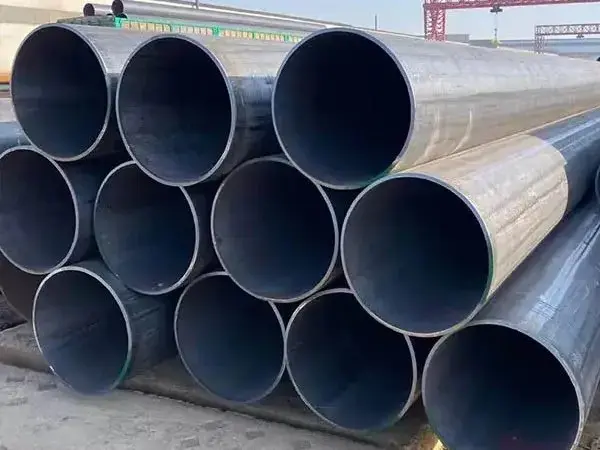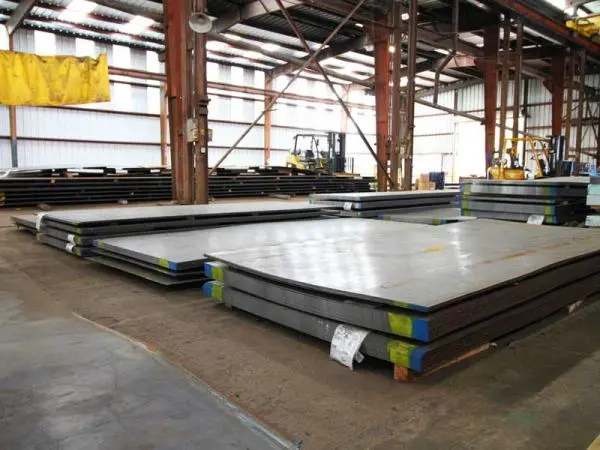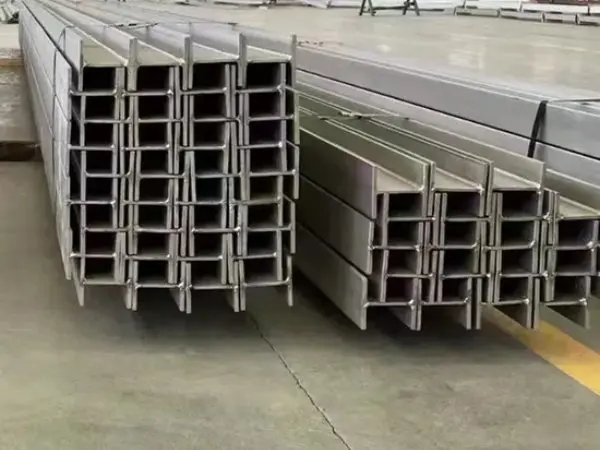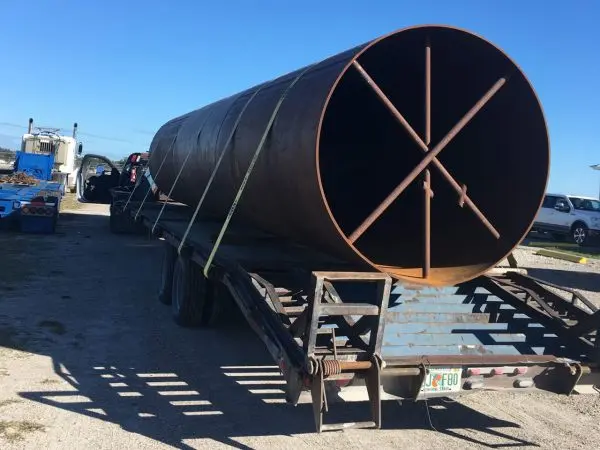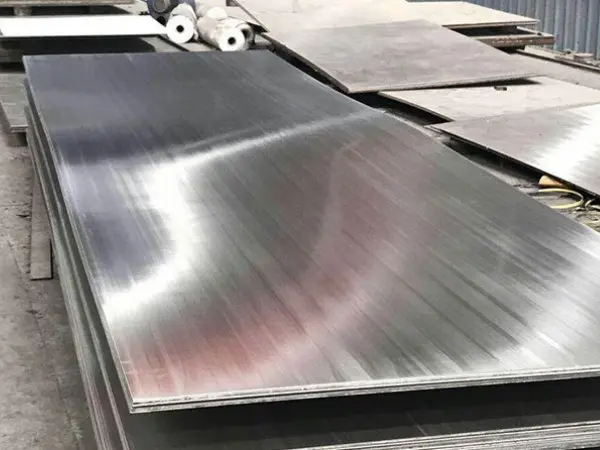- Phone0086 731 8564 8255
- E-mailsales@cscsteel-manufacturing.com
-

Rubber-lined pipes serve vital roles across various industrial applications, leveraging their unique properties for enhanced performance.
Corrosion Resistance:
The rubber lining acts as a barrier against corrosive materials, significantly extending the lifespan of the pipe. This durability reduces the need for frequent replacements, ultimately lowering maintenance costs and improving operational efficiency.
Abrasion Resistance:
These pipes excel in handling abrasive materials, such as slurries and bulk solids. The rubber lining protects the underlying pipe from wear and tear, ensuring consistent performance even in harsh environments.
Noise Reduction:
The sound-dampening qualities of rubber make these pipes ideal for applications where noise control is critical, such as in wastewater treatment plants or mining operations.
Thermal Insulation:
Rubber linings offer thermal insulation, helping maintain the desired temperature of the fluids transported within the pipe. This is particularly beneficial in processes where temperature control is essential for efficiency.
Flexible Design:
Rubber-lined pipes can accommodate slight movements and vibrations, making them suitable for dynamic environments. This flexibility reduces the risk of stress-related failures, enhancing overall system reliability.
Cost-Effectiveness:
Offering a more affordable solution compared to fully rubber pipes, rubber-lined options deliver significant protective benefits while maintaining structural integrity.
Overall, rubber-lined pipes are indispensable in industries like mining, chemical processing, and wastewater management, where they enhance durability, reduce maintenance, and improve overall system performance. Their versatility and resilience make them a preferred choice for many challenging applications.
